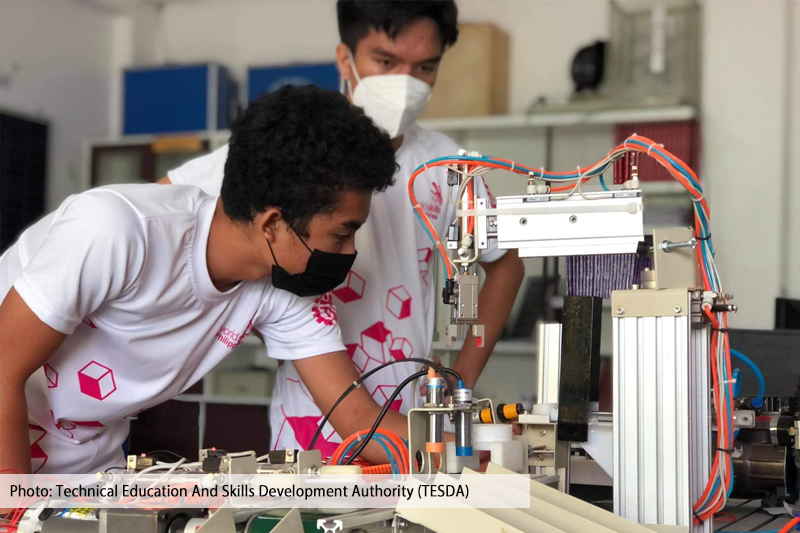CEBU, Philippines — Despite calls to bring up the quality of education in the Philippines, the issue of waning first-rate educational system in the country has threaten the otherwise rosy local employment opportunities ahead.
The Philippine Institute of Development Studies (PIDS) has reminded once again the academe as well as authorities in the government to immediately look into this issue, while the Philippines is largely banking on its human capital to sustain the hyper economic projection.
Economist Gilberto M. Llanto of PIDS made this reminder during his recent visit to Cebu, saying that the educational institution has to catch up with the movement of high quality standard from employers all over the world, especially that the Philippines is gaining prominence as the hub for their back-office requirements.
According to Llanto, the Philippines has to work harder in constantly providing quality graduates that could support the growing need for degree holders, skilled workers, that could meet the high standard of global employers.
Llanto's reminder echoed the earlier pronouncement of Philippine Chamber of Commerce and Industry (PCCI) chairman for education Eduardo Gueriez-Ong, saying that the Philippine educational institutions should collaborate tightly in providing world-class quality system to prepare the country's manpower pool for global competition.
Ong even suggested that a strong tripartite partnership between government, academe, and industry should be started, in order to create an educational system that provides the right training to prepare Filipino workers to support local industry's expansion and compete in the global employment market.
Without intervention, the workforce will be unprepared for the skills requirements of local industry and the government's national development plan, undermining economic progress, he said.
In addition, local workers will be ill equipped to face the challenges-and take advantage of the opportunities-of "global realities" including globalization, trade liberalization, information and technology advancements, and bilateral and multilateral employment arrangements.
Ong said a strong workforce is crucial now that statistics show the Philippines' ranking in a number of world competitiveness indices going up in 2013 compared to 2012.
In a separate interview with the country's largest outsourcing employer--Convergys, despite efforts of upgrading the quality of graduates in the country, including that of Cebu, most companies have to individually work directly with the academe to get the right quality of graduates, who are ready for employment right after graduation.
Meanwhile, the Cebu Educational Development Foundation for Information Technology (Cedfit) will be working closely with the Cebu City ICT-BPO Council to promote technology related professional path for senior high students.
This is to sustain and boost Cebu's attractiveness to world's technology and outsourcing investors, as well as develop world-class local technology community, said Cedfit executive director Jun Sa-a.
Together with the office of ICT-BPO Council in Cebu City, headed by Edu Rama, Sa-a said the two organizations will roll out information drive to different barangays in Cebu City to invite senior high students to consider taking in information technology courses in college.
"We need to sustain our human resource supply. There are a lot of companies opening in Cebu and needing thousands of people, especially those that have degrees in the information technology fields," Sa-a told The Freeman.//












